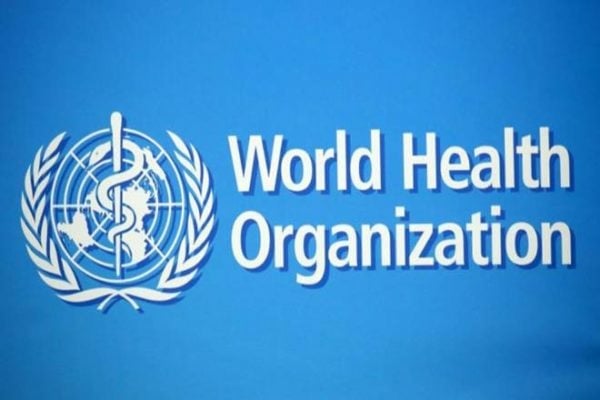The World Health Organisation (WHO) has decried the devastating toll of cervical cancer in Africa, where 76,000 women lose their lives to the disease each year.
WHO has stressed the urgency of accelerating efforts to eliminate cervical cancer as a public health problem.
WHO regional director for Africa, Dr Matshidiso Moeti, who made this known in a statement yesterday, described the loss of African women to this preventable disease as “unjust and unacceptable,” emphasising the availability of effective tools to combat it.
Recall that in 2020, WHO launched the Global Strategy to Accelerate the Elimination of Cervical Cancer, marking a historic global commitment to eradicate the disease. The strategy focuses on three key pillars: vaccination, screening, and treatment, with a bold 2030 target known as the 90-70-90 goals.
These targets aim to ensure that 90 percent of girls are vaccinated against HPV by age 15, 70 percent of women are screened for cervical cancer by ages 35 and 45, and 90 percent of identified cases receive appropriate treatment.
The majority of cervical cancer cases and deaths occur in low and middle-income countries, with Africa bearing the highest burden.
Dr Moeti noted that access to HPV vaccination and cervical cancer screening remains limited across Africa, stating that currently, 29 out of 47 countries in the WHO African Region have introduced the HPV vaccine into their national immunisation programs, with only 40 percent of eligible girls receiving at least one dose.
She stated that despite these efforts, more action is needed to meet the 2030 targets.
To simplify and expand access, WHO updated its recommendations to support a single-dose HPV vaccine, reducing logistical barriers.
The WHO Africa Regional Immunisation Technical Advisory Group has urged all African countries to adopt this schedule.
Dr Moeti said major funding initiatives are underway to support the fight against cervical cancer in Africa. The World Bank, in collaboration with the Global Financing Facility (GFF), has pledged $400 million over the next three years for HPV-related programming.
Gavi, the Vaccine Alliance, also aims to immunise 86 million girls in low- and middle-income countries by 2025, potentially averting over 1.4 million deaths, she added.





